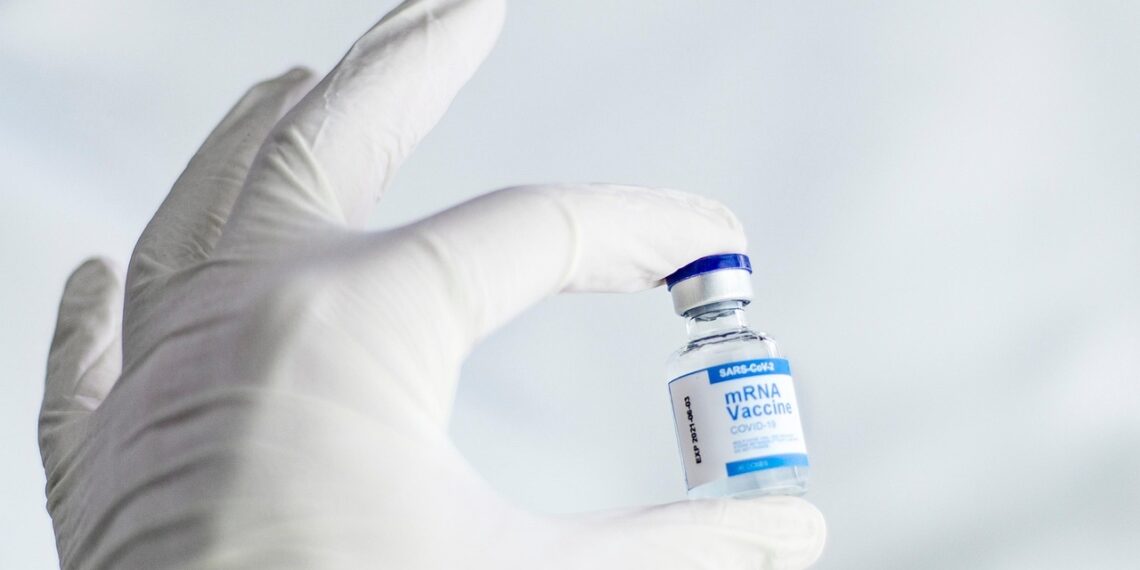New Delhi: COVID-19 vaccination campaigns worldwide are estimated to have prevented more than 2.5 million deaths between 2020 and 2024, according to a new global study published in the JAMA Health Forum.
The analysis estimates that for every 5,400 vaccine doses administered, one death was averted — a striking indicator of the vaccines’ life-saving impact.
The comprehensive study, led by researchers from the Catholic University of Milan and Stanford University, used publicly available global data to evaluate the effectiveness of COVID-19 vaccines across age groups and pandemic phases, including the Omicron wave.
“This is the most extensive assessment so far, covering the global population and calculating both the number of deaths prevented and the years of life saved,” said Stefania Boccia, a professor of hygiene at the Catholic University of Milan and one of the lead authors.
Researchers estimate that COVID-19 vaccinations helped preserve nearly 14.8 million years of life worldwide — equivalent to saving one year of life for every 900 vaccine doses given.
Notably, around 75 percent of these years were saved among individuals aged 60 and older.
According to the study, 90 percent of the deaths averted were among older adults, while 82 percent of the lives saved involved people who were vaccinated before contracting the virus.
More than half of the lives saved occurred during the Omicron variant period.
“The results clearly highlight the immense value of early and widespread vaccination, particularly for older populations,” said Angelo Maria Pezzullo, a researcher at the Catholic University of Milan and co-author of the study.
In an accompanying commentary published in the same journal, Monica Gandhi of the University of California San Francisco underscored the importance of the findings.
ALSO READ: Massive arms haul in Manipur: Security forces recover 90 firearms, explosives
“Vaccines save lives, and for older adults, it is far safer to acquire immunity through vaccination than through natural infection,” she wrote.
Gandhi also emphasised that predictive models like the one used in the study could be instrumental in shaping more targeted and less restrictive responses in future pandemics, while still prioritizing the protection of high-risk groups.
Previous studies have attempted to estimate the life-saving impact of vaccines, but the authors of this new research claim theirs is the most robust to date — using fewer assumptions and accounting for a broader timeline and geographic coverage.















